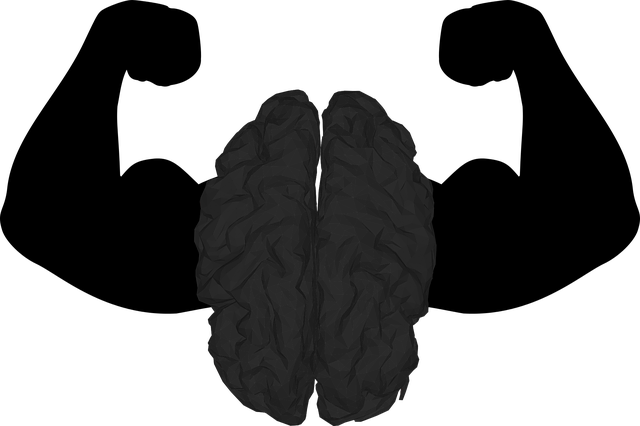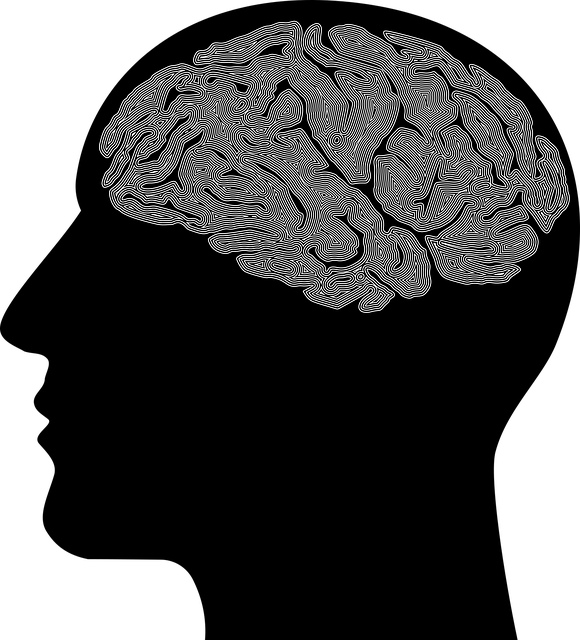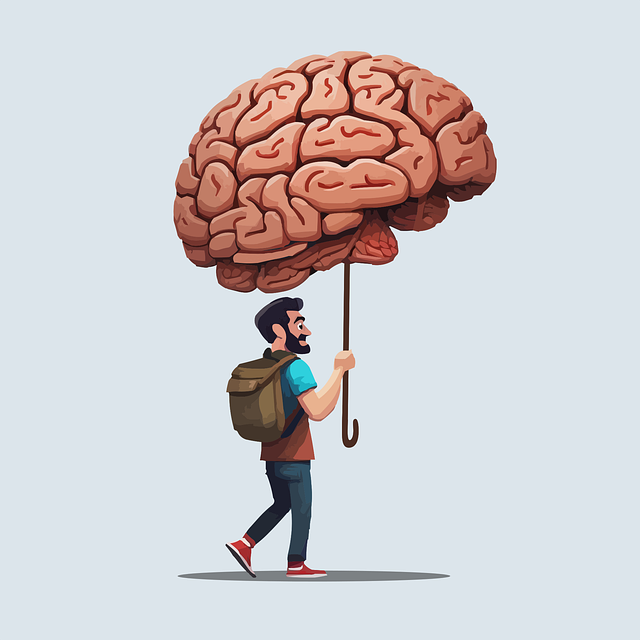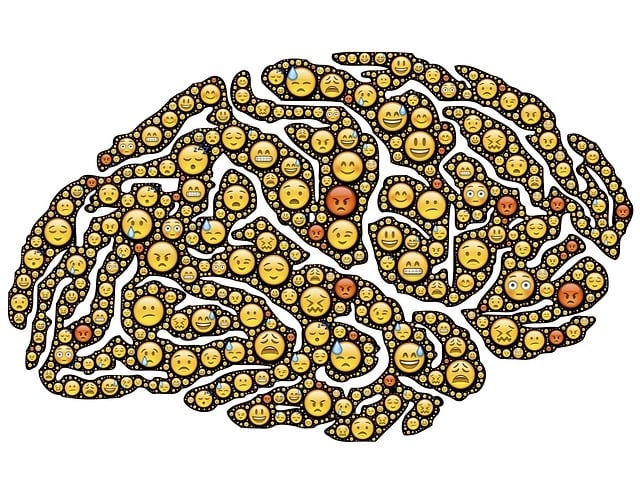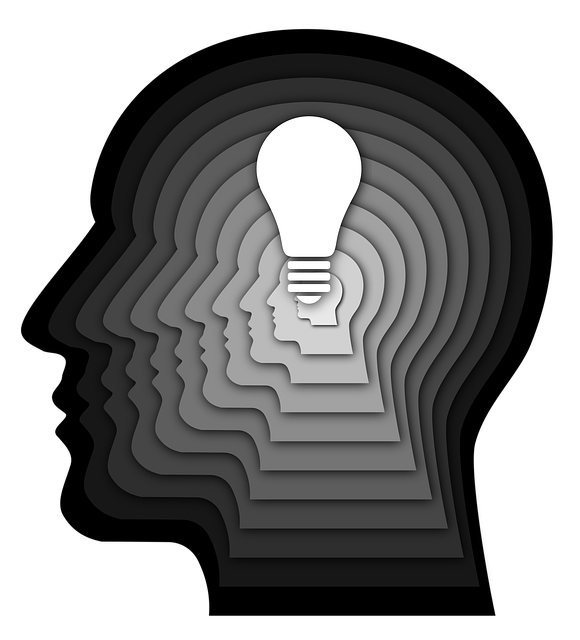Mental health diagnosis faces complex challenges including subjective experiences, cultural differences, comorbidities, and varying symptoms. To address these hurdles, mental health professionals are adopting a multi-faceted approach focusing on therapy for stress management and self-esteem improvement. Techniques like cognitive-behavioural therapy (CBT) and virtual reality (VR) therapy enhance diagnosis accuracy while online platforms provide accessible therapy at home. Comprehensive training programs equip healthcare providers with advanced tools, fostering open communication and better patient outcomes through improved diagnostic capabilities.
Mental illness diagnosis accuracy is a critical aspect of patient care, with significant implications for treatment outcomes. This article explores the challenges in mental health diagnosis, delving into current strategies aimed at enhancing accuracy. We discuss the integral role of therapy in stress management and examine innovative approaches leveraging advanced technologies. Additionally, we highlight the importance of training and education in empowering healthcare professionals to deliver more precise diagnoses, ultimately improving patient outcomes through effective treatment plans, including tailored therapy for stress management.
- Understanding Mental Health Diagnosis Challenges
- Current Approaches to Enhance Accuracy
- The Role of Therapy in Stress Management
- Integrating Advanced Technologies for Improvement
- Training and Education: Empowering Healthcare Professionals
Understanding Mental Health Diagnosis Challenges

Mental health diagnosis presents unique challenges due to the subjective nature of human experiences and emotions. Symptoms can vary greatly from person to person, making it difficult for professionals to pinpoint specific disorders accurately. The complexity is exacerbated by comorbidities, where multiple conditions coexist, confusing the diagnostic picture. Furthermore, cultural differences in expressing emotions and mental health concepts can lead to misdiagnosis or delayed treatment. For instance, what might be perceived as anxiety in one culture could be a coping mechanism deeply rooted in another.
Addressing these challenges requires a multi-faceted approach. Therapy for stress management plays a crucial role in improving diagnosis accuracy by helping individuals understand and communicate their emotional experiences more effectively. Self-esteem improvement interventions can also enhance self-awareness, enabling individuals to recognize subtle changes in mood and behavior. Promoting mental health awareness through education and the integration of compassion cultivation practices have been shown to foster open communication with healthcare providers, leading to more precise diagnoses.
Current Approaches to Enhance Accuracy

Mental health professionals are continually refining their approaches to enhance the accuracy of diagnoses. Current strategies involve a multi-faceted approach, incorporating both advanced assessment tools and improved therapeutic techniques. One key area is integrating therapy for stress management into the diagnostic process. By addressing underlying stress factors, healthcare providers can gain a clearer picture of an individual’s mental health state. This involves not only identifying symptoms but also understanding their context within the patient’s life experiences and self-care practices.
Furthermore, enhancing accuracy necessitates addressing healthcare provider cultural competency training. This training ensures that professionals are adept at recognizing and respecting diverse cultural expressions of distress, thereby improving diagnostic nuance. Additionally, fostering self-esteem improvement through therapy can facilitate better communication between patients and providers, leading to more precise diagnoses. These efforts collectively aim to improve the overall effectiveness of mental health services.
The Role of Therapy in Stress Management

Therapy plays a pivotal role in equipping individuals with effective stress management strategies, which is crucial for mental illness diagnosis accuracy and overall well-being. Through various therapeutic approaches, such as cognitive-behavioural therapy (CBT), individuals can learn to identify and challenge negative thought patterns contributing to stress and anxiety. By fostering inner strength development, therapy empowers people to navigate stressful situations more effectively, thereby reducing the likelihood of exacerbating mental health conditions.
Moreover, crisis intervention guidance offered through therapy provides individuals with immediate support during acute stress or traumatic events. This proactive approach not only mitigates potential mental illness symptoms but also strengthens coping mechanisms, helping to break down barriers associated with seeking help and reducing the stigma surrounding mental illness. In combination with ongoing mental illness stigma reduction efforts, therapy for stress management paves the way for more accurate diagnoses and improved patient outcomes.
Integrating Advanced Technologies for Improvement

In today’s digital era, advanced technologies are revolutionizing mental health care. Online platforms and mobile applications offer accessible therapy for stress management, enabling individuals to receive guidance from the comfort of their homes. These tools often incorporate AI-driven algorithms that adapt to users’ needs, providing personalized exercise routines for emotional intelligence and mental wellness journaling. By leveraging data analytics, these digital solutions can identify patterns and offer timely interventions, enhancing the accuracy of diagnoses.
Furthermore, virtual reality (VR) therapy is emerging as a powerful tool for risk assessment and exposure treatments. This immersive technology allows mental health professionals to create controlled environments, helping patients confront and manage their conditions effectively. Integrating such innovative approaches not only improves diagnosis accuracy but also broadens access to quality care, ensuring better outcomes for those seeking support for their mental wellness journeys.
Training and Education: Empowering Healthcare Professionals

Mental illness diagnosis accuracy has been a subject of concern, prompting healthcare professionals to step up their game. One of the primary areas of focus is training and education. Comprehensive programs aimed at empowering healthcare providers with the latest knowledge and skills in mental wellness coaching are being implemented. These initiatives include advanced therapy for stress management techniques, as well as empathy building strategies that foster stronger patient-doctor relationships.
The development of Mental Wellness Coaching Programs has been instrumental in enhancing diagnostic capabilities. By integrating risk assessment tools into their practice, mental health professionals can now identify potential red flags more effectively. This proactive approach ensures that patients receive timely and accurate diagnoses, opening doors to suitable treatment options.
Mental illness diagnosis accuracy is a multifaceted challenge that requires a comprehensive approach. By understanding the complexities of mental health assessment, combining traditional methods with advanced technologies, and empowering healthcare professionals through education, we can significantly improve diagnostic accuracy. Integrating these strategies ensures better patient outcomes by facilitating appropriate treatment plans, including effective therapy for stress management. This multi-pronged effort is crucial in navigating the intricate landscape of mental health care.

